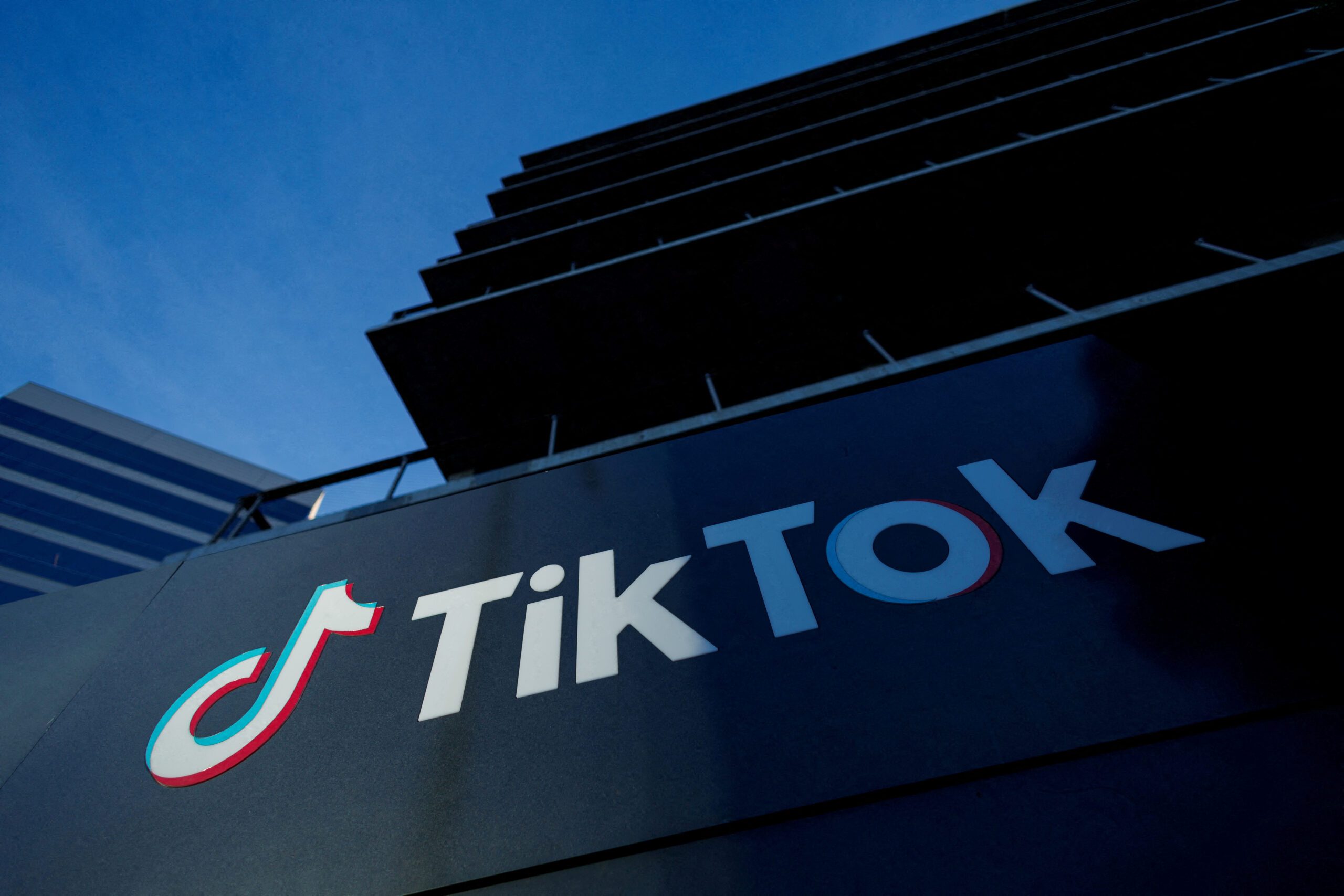TOKYO — Chiyoda, a Japanese engineering and construction company, has signed an estimated 300 billion yen ($2.7 billion) contract to build a copper smelting plant in Indonesia, the company said on Thursday.
The contract was awarded by a subsidiary of U.S. mining company Freeport-McMoRan’s, and covers all aspects of the project from design to construction.
The plant will have one of the world’s largest smelting capacities, and will cater to rising demand for copper in various industries that need to decarbonize, especially automakers expanding electric vehicle production.
High quality copper is a key component in EVs as it is used in motors, batteries and cables.
The plant is due to become operational by 2025. It will be located in East Java province where Chiyoda’s Indonesian subsidiary will process copper ore mined from the Grasberg mine, which has some of the world’s largest copper and gold deposits.
Chiyoda has not disclosed the exact value of the contract, but had set a target of 300 billion yen in orders for the current fiscal year. This deal on its own covers that.
Chiyoda has been taking orders for oil, liquefied natural gas (LNG) and other energy-related plants in Indonesia since the 1980s.
In 1998, the company built Indonesia’s first large-scale copper smelting plant, which it still inspects and maintains, giving it a strong track record for the new project.
The Japanese company is in the process of restructuring its business portfolio for stronger financing and growth. For the year ending in March, about 80% of the company’s total revenue from completed constructions was in energy-related projects such as LNG and oil plants.
Chiyoda plans to lower that figure to around 50% by 2030. It will achieve this by expanding into new fields, such as renewable energy, hydrogen and pharmaceutical plants. Copper smelting also falls into this category.
In a report by Goldman Sachs published in April, the securities firm said that the global decarbonization trend will lead to a rapid increase in the need for copper and prompt a significant rise in its price.





